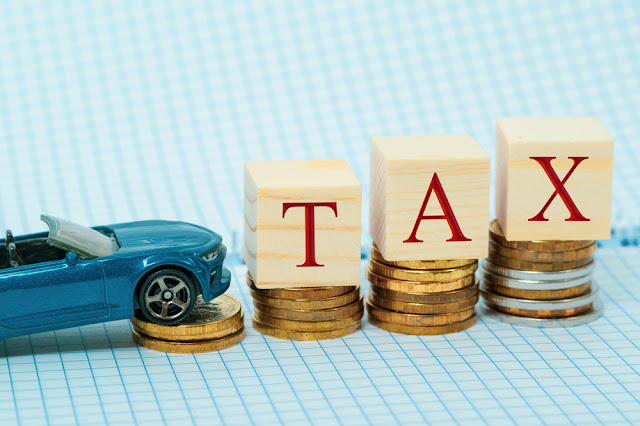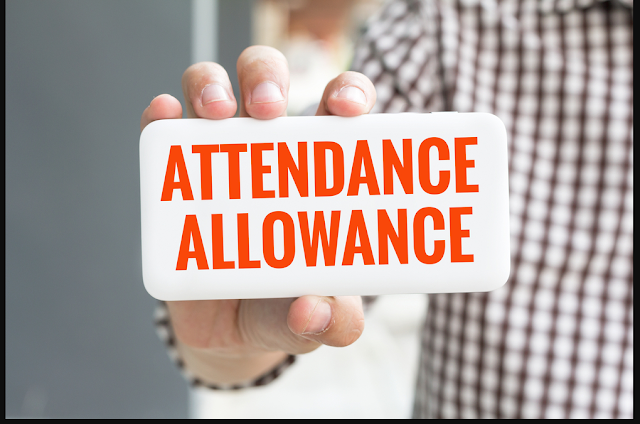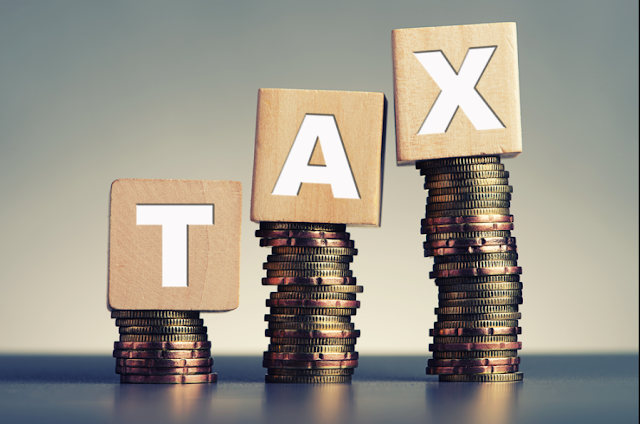The various tax bands for automobiles are outlined.
Vehicle Excise Duty (VED), sometimes known as vehicle tax or road tax, is a significant part of the cost of owning an automobile. Depending on how environmentally friendly the car is, it might cost up to £1,000 or more a year.
The fundamentals of auto taxation
All vehicles registered in the United Kingdom that are driven or stored on a public road are required to pay car tax. Accountants in London will help you to have insight of overall taxes that you need to pay on your car. The car you choose might have a significant impact on your tax bill.
Vehicle owners are exempt from paying vehicle taxes.
The following car owners do not have to pay a car tax:
- owners of brand new automobiles that emit 0 grammes of CO2 per kilometre driven and cost less than £40,000 owners of cars registered between March 1, 2001, and April 1, 2017, that emit up to 100 grammes of CO2 per kilometre driven
- Provided you have a disability, you may be eligible for free automobile insurance if you meet the following criteria:
Having an invalid carriage, such as a mobility scooter, get War Pensioners' Mobility Supplement, which entitles them to a higher amount of Disability Living Allowance's mobility component.
Historic vehicles, defined as those that are 40 years or older, are exempt from paying auto tax.
When selling or purchasing a vehicle, there is a vehicle excise duty. If you're still confused about how to pay Vehicle exercise duty when buying a car, you can always approach cheap tax return accountants in London
When a car is sold, the tax is not transmitted.
When you acquire an automobile that has been previously taxed, for example, it doesn't matter if the tax wasn't set to expire until two months after you acquired it. Before you may drive the vehicle, you must first tax it.
It also implies that if you're selling a car, you can get a refund for any remaining months. When you submit the V5C section on selling or transferring a car to the Driver and Vehicle Licensing Agency, you will receive an immediate reimbursement (DVLA).
The same is true for a vehicle's Statutory Off Road Notification (SORN). If you buy a SORN car, you must notify the DVLA that it is being kept off the road and obtain a new SORN.
The automobile tax will no longer be transmitted with the vehicle when you buy it. As a result, you must first tax it before using it.
For more information ,you can get help from cheap accountants in London




Comments
Post a Comment